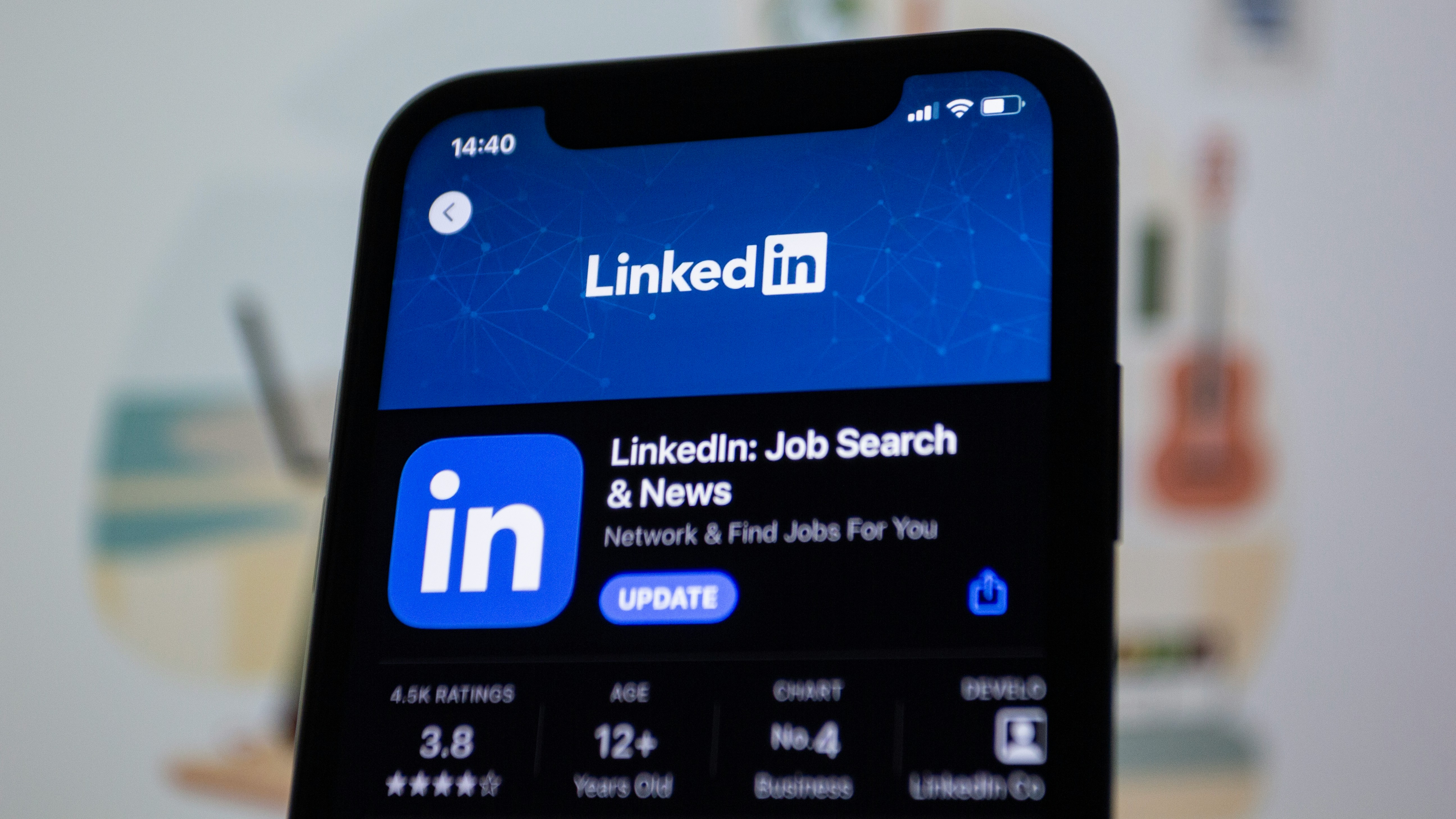May 20th, 2025

Rebecca Noori

Skills-based hiring is fast replacing traditional (read old-fashioned) recruitment methods that obsess over a job seeker’s education or background. Modern recruiters zoom in on the specific skills job candidates possess that could drive an organization to success.
Backed by research, this guide explores ten hard and soft skills employers look for in the current job market. We also offer tips on sourcing candidates with these skills and introduce you to Juicebox as the fastest way to find exceptional talent.
Which skills should recruiters focus on in 2024?
The skills you seek will be specific to your company and the role you’re hiring for, but the following ten skills are popular in the current hiring climate:
AI skills
Artificial intelligence is the fastest-adopted business technology in history, with 77% of companies using or exploring AI in 2024. Some businesses lean on AI chatbots to support employees and customers, while others use generative AI to whip up sales and marketing materials in a flash.
The problem? Many companies are learning AI on the fly and may not be getting the most value from the technology. Yet, LinkedIn’s Workplace Learning report reveals that 4 in 5 people want to learn more about using AI in their profession. Employers can gain a headstart by hiring candidates with niche AI skills such as prompt engineering, or similar.
Green skills
The number of jobs requiring green skills has accelerated so rapidly that we’re expected to be in a green talent deficit by 2026. Recruiters can look for candidates with specific skills in energy efficiency auditing, renewable energies, green building, or environmental engineering to help businesses reduce their carbon footprint and meet specific sustainability goals.
Leadership skills
Since Gallup’s revelation that managers account for up to a 70% variance in employee engagement levels, investing in your leaders has never been as important. Many managers are promoted into their roles without the skills to nurture their teams. To combat this, recruiters may seek people that have completed leadership certifications, or demonstrated leadership skills in their current role.
Problem-solving, critical thinking, and analytical skills
Zety’s Resume Skills report notes an uptick in people highlighting soft skills on their resumes in 2023 compared to previous research in 2018. Strong problem-solving skills are now the standout skill, with critical thinking and analytical skills in ninth and nineteenth places, respectively. Employers seek talent with these overlapping skill sets to tackle challenges head-on and turn obstacles into opportunities for business growth and innovation.
Teamwork and collaboration
With the rise of remote and hybrid work environments, it’s no surprise that effective communication skills are essential for collaboration. The ability to be a team player with excellent social skills is highly valued, and considered the second most important skill, according to Zety. Hiring teams can seek candidates with experience working in diverse teams, who are adaptable to different work styles and communication methods.
Active listening
Collaboration isn’t just about verbal communication skills; it’s also about giving those around you the space to contribute. Active listening encourages peers to tune in to their peers and give them the floor in a psychologically safe environment. When your workforce feels free to speak up and offer new ideas, a joint KCL and University of Jerusalem study finds that the company benefits from the resulting creativity and innovation.
Self-motivation
Micromanagement has had its day. Now, employees with excellent self-motivation are highly desirable to recruiters. Candidates with strong time management skills who know how to maximize their productivity and prioritize tasks appropriately can drive the team and business forward. Employers who find these self-motivated employees will benefit from their initiative and potential improvements to their internal processes and operations.
Flexibility
Since the pandemic, agility has been critical to businesses that have pivoted in every which direction to survive the changing market. Zety finds that being “flexible and adaptable” is now the eighth most listed resume skill, a category that didn’t even reach the top 20 in 2018. Recruiters must find potential applicants with the versatility to expand their roles, take on new challenges, and align with changing business objectives.
5 ways for recruiters to find relevant skills
Scour the following sources to identify whether a prospective candidate has the skills you’re looking for before you invite them to apply for your role.
Social media
Platforms like LinkedIn enable people to endorse the skills of fellow professionals in their network. An endorsement from someone flagged as being “highly skilled” in a soft or technical skill is a great sign, as in the example below. Similarly, profiles that mention specific skills in their bios, job titles, or recommendations are worth considering.

Talent pools
Employers that regularly engage with former job applicants or people who have actively shown an interest in the company may have pre-vetted candidate skills. If you’ve already reviewed work samples or tested numeric or cognitive skills, this is an excellent source to lean on.
Published papers
People with niche expertise often have their names and professional skills published in research papers. Check out Google Scholar, ResearchGate or similar to search for people with the skills you need. For example, Dr. John D. Halamka, the current President of the Mayo platform, is a prominent figure in healthcare information technology. A recruiter might read one of his papers on the practical applications of technology in healthcare and reach out to him about a related role.

Referral programs
Employee referral programs can stall diversity initiatives by inviting “more of the same” to join your ranks. Yet, tapping into your employees’ existing networks can be effective in finding people with the skills you need. Perhaps one of your workers remembers an excellent project management lead from a previous employer or goes to the gym with an internal comms expert. Incentivize your workers to see what gems they can find.
Webinars and virtual workshops
One unusual way to attract skilled talent to your organization is to host or attend online workshops, which might attract the people you’re looking for. This interaction gives you a first-hand look at their expertise and communication skills before you reach out to them about a specific role.
Find highly skilled talent with Juicebox
Instead of manually combing the Internet and putting out feelers with your professional network, there is a faster way to locate individuals with the specific skill sets your business needs.
Juicebox, powered by PeopleGPT, is a leader in AI-powered talent sourcing and is loved by forward-thinking companies like ByteDance, Noom, and Bubble.
The process is as follows:
Recruiters use natural language to describe the person they’re looking for in terms of role, skill set, experience, etc. No Boolean operator knowledge is required; type as if you were talking to a friend.
Juicebox will return a list of potential matches.
Recruiters apply filters such as company name, location, current role titles, minimum and maximum years of experience, etc.
Recruiters scroll through suggested candidates, ask more specific questions, and review profiles in more detail.
Juicebox will refine the profile results, from which recruiters create a shortlist.
Recruiters can contact shortlisted candidates with the option to send or adjust an AI-generated email message.
Ready to elevate your candidate sourcing strategy? Watch a quick product tour to learn how to speak to PeopleGPT and get started with a free Juicebox trial.
Related articles
13 of the Very Best Tools to Win the Hiring Game in 2025
Olly Keell
-
July 28, 2025
10 Platforms that will Transform Hiring in 2025
Olly Keell
-
July 28, 2025
Top 8 Email Outreach Tools for Recruiters
Ambreen Aftab
-
July 28, 2025
Personalizing Follow Up Emails to Candidates with AI
Ambreen Aftab
-
July 28, 2025
The Very Best AI Recruitment Tools For Businesses in 2025
Boney Bindra
-
July 28, 2025
5 Best Lever Alternatives in 2025
Ambreen Aftab
-
July 28, 2025
16 AI Recruiting Tools to Try in 2025 (and what they do)

Oliver Keell
-
July 28, 2025
9 Best AI Recruitment Platforms for 2025: Reviewed and Compared

Oliver Keell
-
July 28, 2025
Top 10 AI Talent Sourcing Tools for Recruiters in 2025

Oliver Keell
-
July 28, 2025
Best AI Tools for Recruiting We Can Bet On in 2025

Oliver Keell
-
July 28th, 2025

Best contact-finding tools for recruiters

Oliver Keell
-
May 20th, 2025

How to become a freelance recruiter in 2025

Oliver Keell
-
May 20th, 2025

How to set up a cold email strategy for recruiters

Oliver Keell
-
May 20th, 2025

12 Recruitment influencers you must follow

Oliver Keell
-
May 20th, 2025

Top 8 recruiting metrics you should be tracking in 2024

Oliver Keell
-
May 20th, 2025

Tech job title search strings & synonyms

Oliver Keell
-
May 20th, 2025

Top 8 video interviewing software for recruiters

Oliver Keell
-
May 20th, 2025

What is Talent Mapping?

Oliver Keell
-
May 20th, 2025

How to set a commission structure for your recruitment agency

Oliver Keell
-
May 20th, 2025

What is sourcing in recruitment: Understanding the basics

Oliver Keell
-
May 20th, 2025

The downside of LinkedIn

Oliver Keell
-
May 20th, 2025

90% Faster Recruiting with AI. What Will Humans Do?

Daan van Rossum
-
May 20th, 2025

5 Common Mistakes Using AI in Talent Acquisition (Plus Actionable Solutions)

Rebecca Noori
-
May 20th, 2025

ChatGPT for recruiters: best pracitces

Oliver Keell
-
May 20th, 2025

6 Ways for Recruiters to Use AI for Better Results

Rebecca Noori
-
May 20th, 2025

How to craft compelling subject lines for recruiters

Oliver Keell
-
May 20th, 2025

Top 10 AI recruiting tools 2025

Oliver Keell
-
May 20th, 2025

LinkedIn Recruiter Costs in 2024

Oliver Keell
-
May 20th, 2025

The Power Of AI And Automation In The Hiring Process

Bruno Boksic
-
May 20th, 2025

Tips on writing a job description

Oliver Keell
-
May 20th, 2025
Get started today
Supercharge your organization’s people intelligence with AI solutions.

